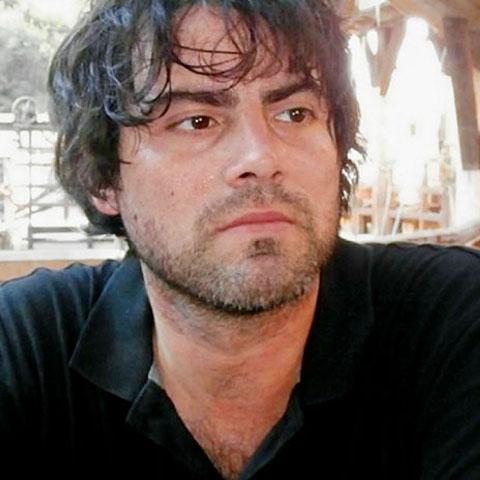KLI Colloquia are invited research talks of about an hour followed by 30 min discussion. The talks are held in English, open to the public, and offered in hybrid format.
Fall-Winter 2025-2026 KLI Colloquium Series
Join Zoom Meeting
https://us02web.zoom.us/j/5881861923?omn=85945744831
Meeting ID: 588 186 1923
25 Sept 2025 (Thurs) 3-4:30 PM CET
A Dynamic Canvas Model of Butterfly and Moth Color Patterns
Richard Gawne (Nevada State Museum)
14 Oct 2025 (Tues) 3-4:30 PM CET
Vienna, the Laboratory of Modernity
Richard Cockett (The Economist)
23 Oct 2025 (Thurs) 3-4:30 PM CET
How Darwinian is Darwinian Enough? The Case of Evolution and the Origins of Life
Ludo Schoenmakers (KLI)
6 Nov (Thurs) 3-4:30 PM CET
Common Knowledge Considered as Cause and Effect of Behavioral Modernity
Ronald Planer (University of Wollongong)
20 Nov (Thurs) 3-4:30 PM CET
Rates of Evolution, Time Scaling, and the Decoupling of Micro- and Macroevolution
Thomas Hansen (University of Oslo)
RESCHEDULED: 18 Dec (Thurs) 3-4:30 PM CET
Chance, Necessity, and the Evolution of Evolvability
Cristina Villegas (KLI)
8 Jan 2026 (Thurs) 3-4:30 PM CET
Embodied Rationality: Normative and Evolutionary Foundations
Enrico Petracca (KLI)
15 Jan 2026 (Thurs) 3-4:30 PM CET
On Experimental Models of Developmental Plasticity and Evolutionary Novelty
Patricia Beldade (Lisbon University)
29 Jan 2026 (Thurs) 3-4:30 PM CET
Jan Baedke (Ruhr University Bochum)
Event Details

Topic description:
The explanatory framework of cultural evolutionary theory (CET) relies on a cultural analog to the genotype-phenotype distinction, with socially transmitted information (i.e., ideational units) serving as cultural genotypes and the observable cultural manifestations they produce, such as behaviors, artifacts, and institutions, serving as cultural phenotypes. As for now, CET has mostly been concerned with the homocatalytic role of ideational units, i.e., how local episodes of social learning maintain cultural lineages at the level of the population. However, ideational units’ heterocatalytic role, i.e., how socially acquired information produces the cultural phenotypes they are associated with, has received scant if any attention. This is surprising given that in order to explain trans-generational change in the distribution of cultural phenotypic variation through the underlying dynamics of ideational evolution, ideational variants must somehow participate in the (re)production of cultural phenotypes. I examine how proponents of CET relate the cultural genotype-phenotype distinction to the heterocatalytic role, black-boxing the heterocatalytic processes by conflating ideational and phenotypic evolution and the generation of variation. This conflation relies on the assumption that ideational and phenotypic variational spaces are topologically congruent. I argue that a study of the heterocatalytic processes shows that this assumption holds in very specific cases only, and offer the theoretical concepts of ‘technique’ and ‘technical space’ as necessary for a study of cultural evolution.
Biographical note:
Mathieu Charbonneau completed his PhD in philosophy at the Université de Montréal (2013). His dissertation examined how the use of explanatory analogies between evolutionary biology and the social sciences informs the construction of a theory of cultural inheritance and structures its explanatory framework. His paper, “Populations without reproduction,” is soon to appear in Philosophy of Science. The current talk emanates from his post-doctoral work on “Cultural Development and Cultural Evolution” at the KLI.


